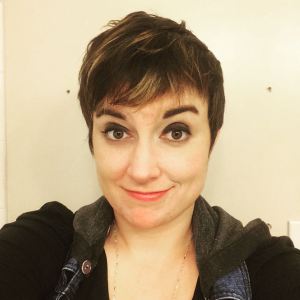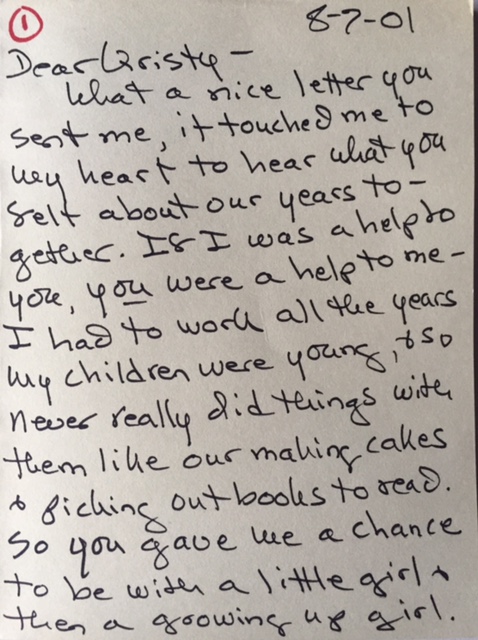As I'm writing the first draft of Contribute, Book 2 of the HoloSeries, several people have asked me, "Aren't you nervous? You have a deadline with a publisher now. What if you get writer's block?"
Okay, first, Are you kidding me? Thanks for the confidence killer. Second, no. I don't get writer's block. (Stop giving me the finger.) My creative writing process prevents me from getting stuck, and maybe it will help you, too.
Here's my overall writing process for the most part:
1. Come up with a shiny new idea and characters for a manuscript. Ideas usually come to me during walks, drives, or in the shower. Basically when I'm not trying. I keep a file of ideas for when I'm ready to start a new project. When I choose a project, I first visualize major characters and names. Some writers use Pinterest, but I like using an actual corkboard over my desk where I hang images that appeal to me. Feels more tangible.
2. Free write for 50-100 pages or so. (I do 20k for YA.) This is judgment free, creative writing time. You don't have to think chronologically. Write whatever comes to you. Leave spaces to separate different scenes and thoughts. Let your characters interact with each another for the first time. Hear their voices. Write the opening scene. Write the last scene. Write the turning point. Write something funny. Write something heartbreaking. No rules. No fear. This is all about getting thoughts on paper. You are testing voice, character, and plot during this phase to find out what will work. Explore and let your creativity loose. Free writing gives you the freedom to be creative. It lets characters grow and change and bring you places without fearing that you'll hit a dead end. I have discovered many creative subplots in free writing sessions that I wouldn't have thought of if I had been following a strict outline from the start.
*Warning: There's a possibility that half of these 100 pages will not be used in your book. I promise this is not a waste of time. It helps to get bad ideas on paper and realize what doesn't work before you write the entire novel. You don't want to discover you've relied on a crucial moment or character that needs to be cut or changed, causing a plot avalanche. A major overhaul after 400 pages is the real time waster.For example, when free writing for Consider, Book 1 of the series, my main character actually had an older, pregnant sister living in California. Within twenty pages of free writing, I knew this choice wasn't working. By changing the sister character to Benji, an older brother in the military, I got so much more conflict out of the story, and he has become a crucial character in Books 1-2. I wouldn't have discovered him without free writing, and the series wouldn't be the same.
3. Outline the major plot points and any subplots that have come up during free writing. Your free writing should give you plenty of insight and fodder for creating a working outline. Be as detailed as possible. If you still don't have an answer for a plot hole, write "plot hole" in the outline. Knowing what's missing is different from discovering it later.
4. Make a major, "To Write" list by scene. Include subplot scenes if you know them. Label them accordingly. (For example, these were my first three scenes for Consider):
Scene 1: Train scene with first vertex sighting
Scene 2: Bus scene conversation w/ Alex and Dominick
Scene 3: Hospital scene with Hazmat workers
5. Write your first draft by scene, using your "To Write" list as a checklist.This is my secret to never getting writer's block. I do not necessarily compose scenes in chronological order. First, I sift through the 100 pages of free writing and reuse any material that works. I finish those scenes and check them off the list.Then each day I look at my "To Write" list and choose a scene based on how I'm feeling. Why would I force myself to write a tragic scene if I'm in a good mood? Nope, that's a comedy scene day. Granted, eventually I face the last few random scenes that I've avoided, but usually the sheer joy of almost being finished gets me through those moments.
6. Reread the manuscript and add any necessary connecting scenes, especially quieter, reflective moments. Those tend to be missing from the outline.
7. Reread the manuscript for continuity and make an "Editing" task list. Then edit following the list. Reread with a notebook nearby and take notes on any sections that need revising, or print the manuscript and write notes directly on it. Composing out of order can often mess with time sequencing, so be sure to edit for time and season. Character arc issues also need addressing.
8. Reread and edit for language. Many writers spend too much time crafting gorgeous sentences and falling in love with the sounds of language while writing their first draft. Unless I'm writing poetry, I prefer to get anything down on paper first and tweak for language later. Otherwise, the whole process slows down, and it can takes years to finish a draft. Plan the forest before tracing the veins of a leaf on a tree.
9. Have beta readers/critique group provide feedback, and implement those changes. Do not skip this step. I know you're excited to be near the finish line, but do not start sending out queries thinking that your manuscript is amazing and clear. You need readers. What is clear to you may not be clear to them. Whatever they say, take it in. Use their feedback. You spent a lot of time and effort on your manuscript. Make it the best story it can be.
10. Celebrate that you finished a working, viable manuscript. Query. Take some time off. Do something nice for yourself. Then start thinking about that next, shiny new idea.
*I'd love to hear from you. What's your writing process?


















